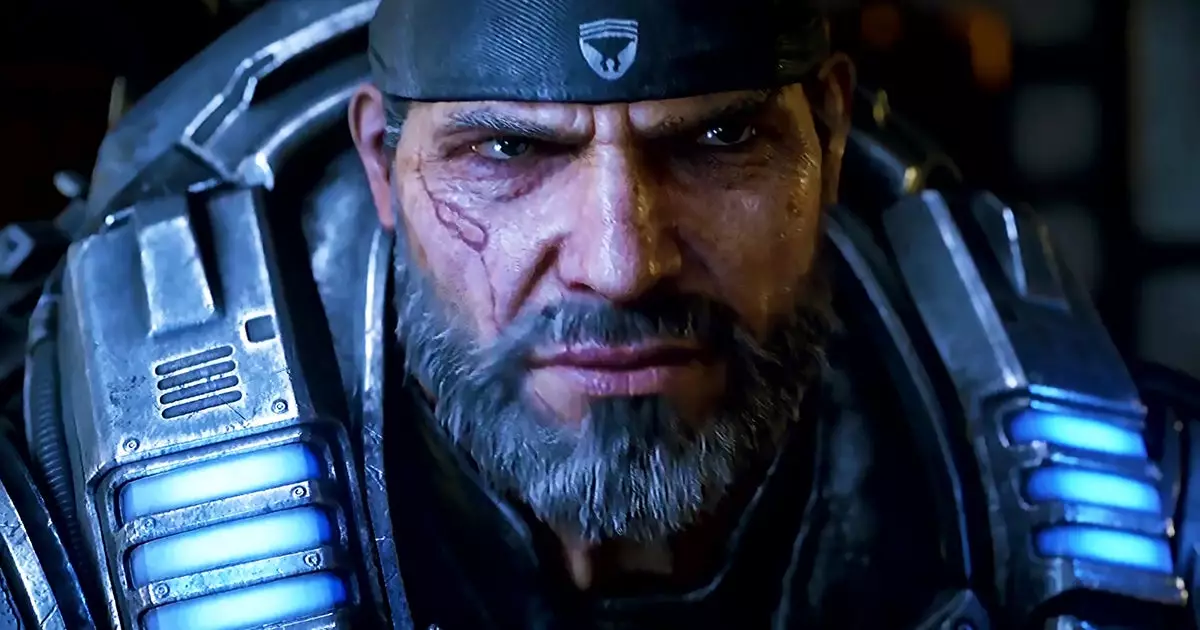In the realm of video games, the Gears of War franchise has always been a significant player, defined by its intense gameplay, unique characters, and rich storytelling. As we eagerly anticipate the prequel, Gears of War: E-Day, a cloud of uncertainty hangs over the release of Gears of War 6. This space seems particularly complex, especially after listening to former series director Rod Fergusson during a recent IGN Podcast Unlocked episode. While he divulged some intriguing concepts about his vision for Gears 6, such as the idea of venturing into outer space, the prequel’s emergence stirs a debate about direction, innovation, and character development in the franchise.
Fergusson’s insight into his plans for Gears 6 reveals an ambitious leap beyond the familiar confines of the planet Sera. His proposal included utilizing rocket technology from the Union of Independent Republics (UIR), concepts introduced in Gears 5, to fuel a storyline that traverses the solar system. This ambitious narrative reformulation hinted at ambitions that, while exciting, arguably diverge from the essence that has long defined the series. The two-week trek to explore this ‘new place’ he speaks of might seem exhilarating, but we must question if such a shift would resonate with long-time fans of the series, who may find this change jarring compared to the grittiness of Sera.
A pivotal aspect of the Gears of War experience lies not only in its expansive world but also its characters. Critics, including Fergusson, have pointed out a need for change in character design and development. Many fans echo this sentiment, suggesting that characters like JD Fenix may not deliver the depth or intrigue required to captivate today’s audience. A new roster with fresh personalities could inject vigor into the storyline without necessarily moving away from Sera. Rather than abandoning the established setting, perhaps the focus should shift toward enhancing the character dynamics and showcasing the potential for survival horror elements, akin to earlier iterations of the franchise.
Innovating the Narrative
While embracing new settings, it’s imperative to maintain a cohesive narrative thread that honors the franchise’s legacy. The clash of old-world technology with unexpected alien encounters could create possibilities for unique story arcs. However, if Gears of War is to thrive, its narrative must strike a balance between innovation and familiarity, ensuring that it doesn’t alienate its core audience while appealing to newcomers.
Ultimately, the conversation surrounding Gears of War 6 leads to a pivotal question: how should the series evolve? As we stand on the cusp of a prequel release, the potential for thrilling explorations beyond Sera is enticing. Yet, an equally compelling path exists in refining the existing elements of the series, enhancing character depth, and possibly reverting to its survival horror roots. The future of Gears of War hinges on finding that sweet spot between nostalgia and innovation, a challenge that could define not only the success of Gears 6 but the legacy of the franchise as a whole.

